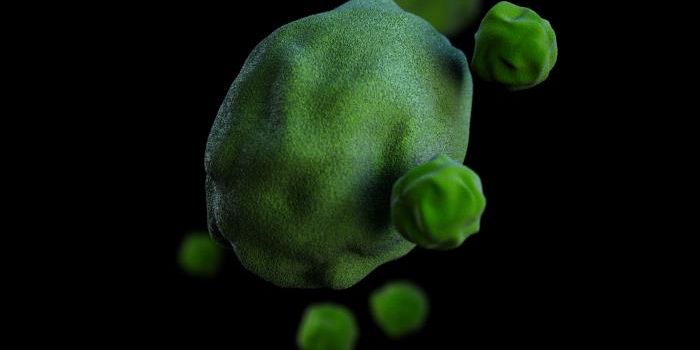A New Tool for Assessing the Impact of Drugs on Single Cells
When scientists assess the impact of a treatment like a drug on cells, they generally rely on large populations of cells to find general trends. A new technique called sci-Plex has now created a way to find subtle effects on individual cells within a large population. Reporting in Science, the researchers that developed the tool suggested that this will be a better way to reveal side effects, show small variations in the way identical cells respond to drugs or explain how drug resistance arises.
"This technology actually occupies a niche between the two common kinds of assays," said a co-first author of the study Sanjay R. Srivatsan, an M.D./Ph.D. student in the Medical Scientist Training Program at the University of Washington School of Medicine in Seattle. "You can get a sort of global view of the cellular responses. We think it's going to be really powerful to categorize drugs, for example, and say what their mechanism is."
The sci-Plex method uses an improved technique for labeling the nuclei of cells along with gene activity profiling at the level of single cells while keeping costs low.
In this study, the research team applied sci-Plex to three different types of cancer cells that were exposed to 180 therapeutic molecules that are used for treating disorders including autoimmune disease, cancer, and HIV. Different cells were identified with small strands of DNA, called nuclear hashing, and allowed the researchers to identify which treatment each cell received. In a single experiment, gene expression was analyzed for 650,000 individual cells from 5,000 samples.
"The sci-Plex technique allows us to pool lots of genetically different cells and see what happens to many individual cells as they are perturbed in many different ways," said senior study author Cole Trapnell, UW School of Medicine associate professor of genome sciences. "We then collect all the data together and analyze it using modern tools from machine learning and data science to understand something about what each of those drugs does to the cells."
The scientists found big differences in the ways that cancer cells responded to compounds, and also saw patterns. In the case of one class of cancer drugs called HDAC inhibitors, the researchers saw changes in gene regulation and determined that these inhibitors, as was expected, stop cancer cells from growing by preventing them from accessing a source of energy. They were also able to see how different drug strengths impacted cells.
"It was really cool that we could use gene expression profiles to categorize the potency of drugs. With changes in dose over four orders of magnitude, we could see a smooth increase in the cellular response," Srivistan said,
This proof-of-concept work has suggested that thousands of samples can be assessed using sci-Plex to study regulation, catalysis, pathways and mechanisms.
"Some of this work could pertain to the treatment of disease, in helping medical researchers understand how certain drugs produce their effects, how the cell stage influences effectiveness, and why some medications work on some cells, but not on others," said Trapnell. "Physicians also give many people the same handful of drugs, and they work for some people and not for others. Potentially sci-Plex could help us better understand why that is."
This work may be useful in different studies, such as creating an atlas of how cells respond to drugs, or in precision medicine. "Ultimately when someone gets sick with cancer, we want to kill the whole tumor, all of the cells, not just some of the cells. So understanding why some individual cells respond one way to a drug and others respond differently is critical to designing therapies that will be completely effective," Trapnell explained.
"It's a very generalizable strategy," Srivatsan said. "It can be performed with reagents which any scientist can acquire and it can be used in many ways."
Sources: AAAS/Eurekalert! via University of Washington Health Sciences/UW Medicine, Science








